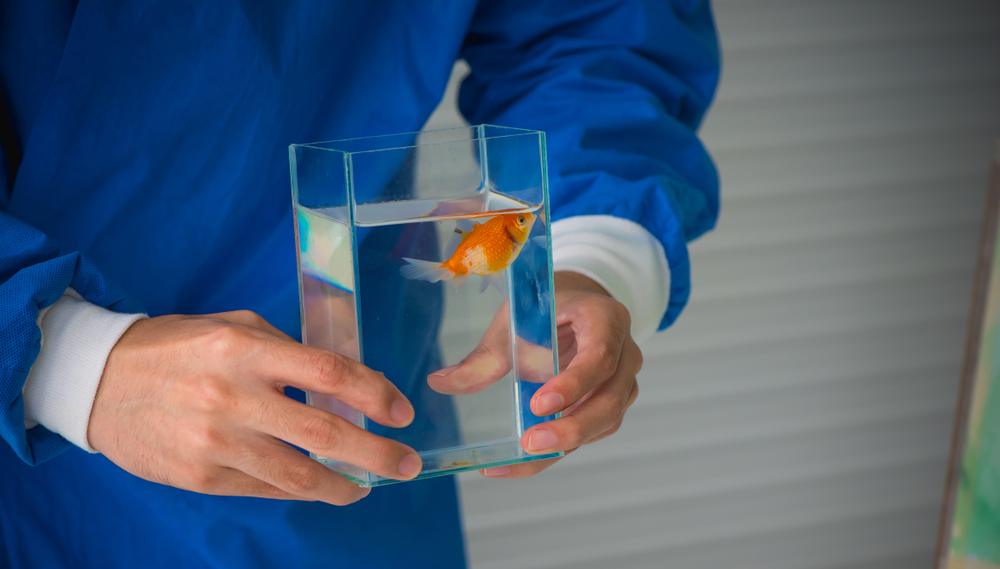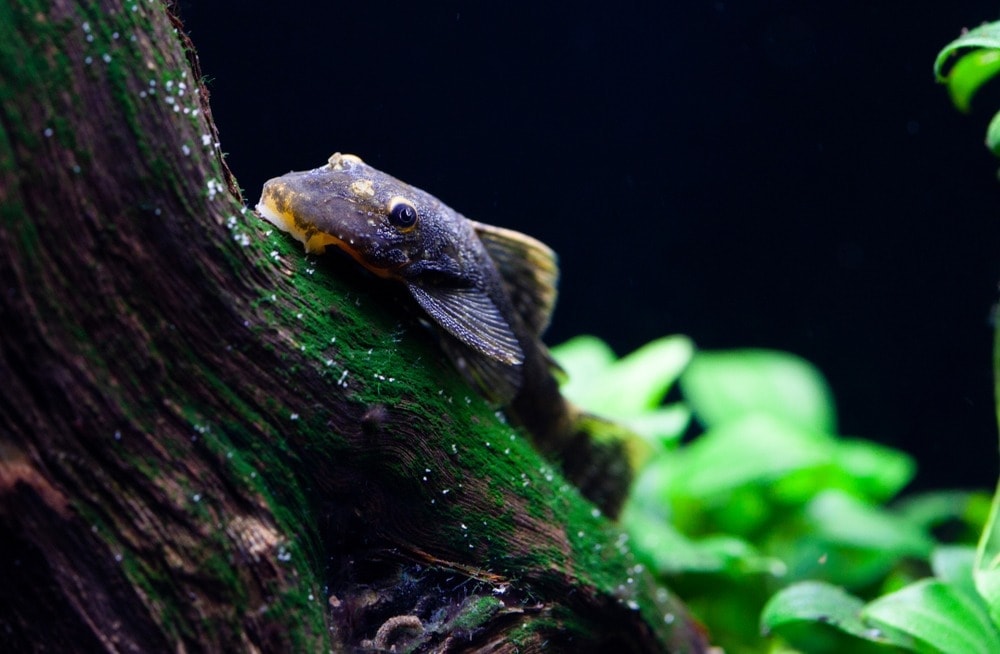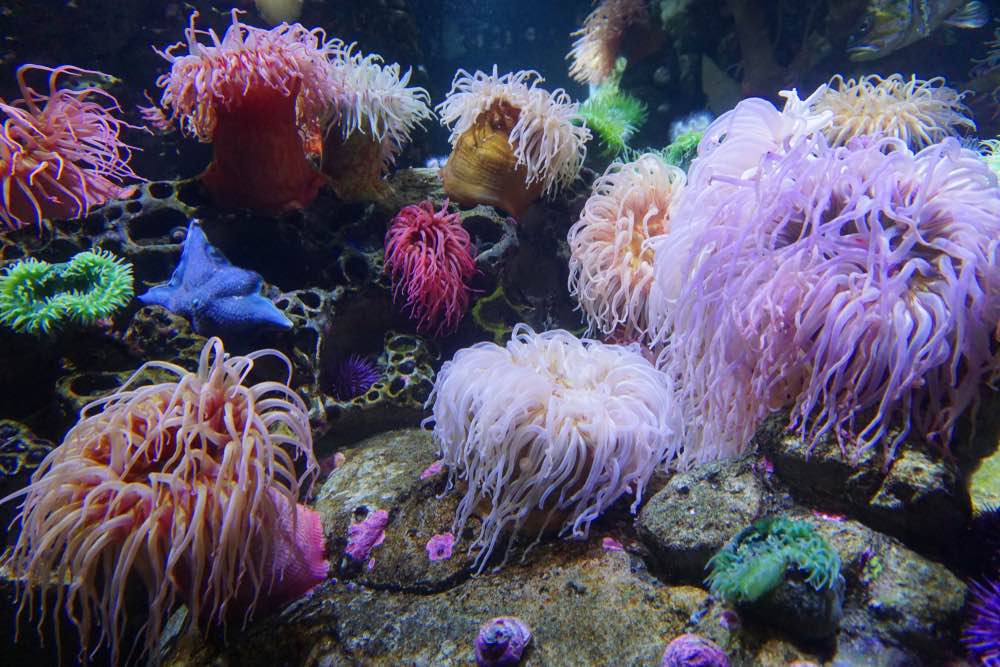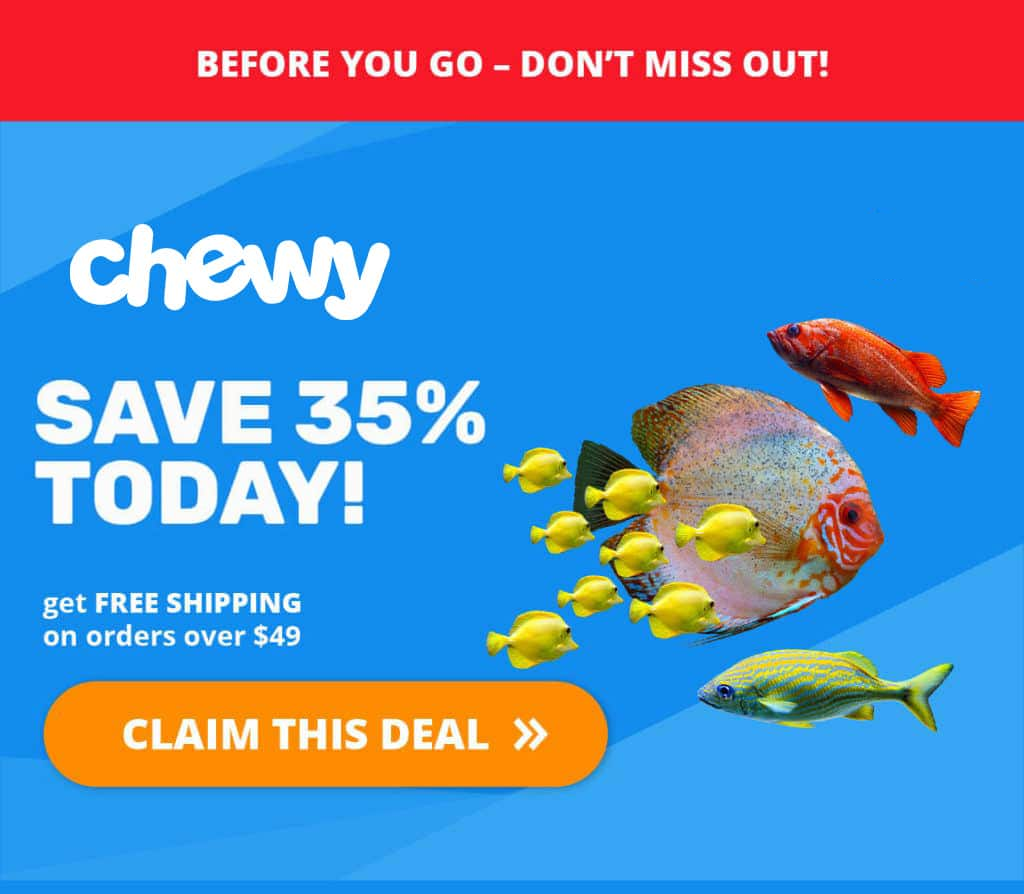How Do Coral Reefs Eat? 3 Feeding Methods

Updated on

Coral reefs are some of the most beautiful naturally occurring formations on this planet. Of course, unlike mountain ranges, corals are living beings that eat, breathe, and need the energy to survive. Even though they may look like rocks and be stationary for the most part, they are living beings and need to be treated as such.
Some people have been asking us how coral reefs eat, what they eat, and how the process works. So, how do coral reefs eat?
 How Do Coral Reefs Eat?
How Do Coral Reefs Eat?

A coral reef technically does not eat. We say this because a coral reef consists of many individual corals which form the whole. Yes, these individual corals all eat, but this applies to each little coral as a part of the whole.
What we mean to say is that a coral reef is not a single living entity, but a combination of hundreds, thousands, or even tens or hundreds of thousands of individual coral. As you can imagine, to grow big and strong, these things do need to eat.
So, corals consist of two separate parts, those being the polyp and the limestone skeleton, called the calicle. The polyp is the actual living entity held within the limestone skeleton. It is a boneless organism related to jellyfish and sea anemones.
The polyps are the living parts that need to feed, while the calicle is just like an exoskeleton, home, or shield that grows with them. So, just to make sure, the polyp is the organism that feeds.
The coral polyp has these long and skinny tentacles armed with venom, which it uses to catch prey. Coral polyps usually only feed at night, and they so by extending their tentacles, stinging them, immobilizing them, and then they pull them into their mouths. No, corals usually can’t eat fish and other large creatures, but must instead stick to microscopic creatures called zooplankton.
That being said, some really large coral polyps can eat small fish, but this is not often seen. The vast majority of coral polyps simply don’t have the size, power, or venom to handle fish, even the smaller ones. This is usually considered to be their main source of food, but not the only one.
Top 3 Coral Reef Feeding Methods – What Corals Eat
Okay, so we already talked about how coral polyps actively hunt for passing zooplankton and other living microscopic sea creatures, but that is not the only way they feed or the only thing they eat.
Corals have a much more varied diet than you might think. So, what do corals eat and how do they eat it?
- As we discussed above, one of the primary methods for feeding is to use their tentacles to immobilize and grab passing zooplankton and microscopic sea creatures.
- Coral reefs also have a special relationship with a living type of algae called zooxanthellae. This is the main type of algae that can be found living in and on coral polyps, as well as within the exoskeleton. This algae uses sunlight to perform photosynthesis to keep itself alive. Well, this process creates a lot of sugar and a few other nutrients, much of which is then transferred to the coral polyp, which can effectively be used as a source of nourishment.
- The other thing that helps sustain coral reefs is DOM or dissolved organic material. There is a whole lot of dissolved organic material floating around in seawater and you better believe that corals take full advantage of this. The polyps have a soft outer layer, skin so to speak, that can absorb a vast array of dissolved organic materials that helps sustain them throughout the year.

The 5 Coral Feeding Tips to Try
It may seem like a challenge, but feeding coral is not very hard. If you have corals in your home aquarium, follow these tips to feed them properly.
1. Try feeding small fish
If they are really large corals with big polyps, you can try feeding them really small fish, chopped-up fish parts, little chunks of shrimp, and other such things. As long as corals eat it in the wild, you can feed it to them in your home aquarium. The smaller the corals, the smaller the food needs to be.
2. Make a slurry
If you have corals that definitely can’t handle whole foods, even really small fish chunks or brine shrimp, you can always make a bit of a slurry with a food processor. That way, the corals can eat the small chunks and absorb the rest of their skin.

3. Sunlight
Make sure to provide your coral reef with a lot of sunlight. Like we said before, algae that live in coral needs to have a lot of sunlight, which in turn produces food for the coral. So, having a lot of light will ensure the maximum production of food by the algae for the coral to eat.
4. Try buying coral food
There are special coral nutrients and liquid coral foods that you can buy from specialty fish and pet stores. The high-quality ones come with all of the nutrients necessary to support the healthy growth of any coral reef.
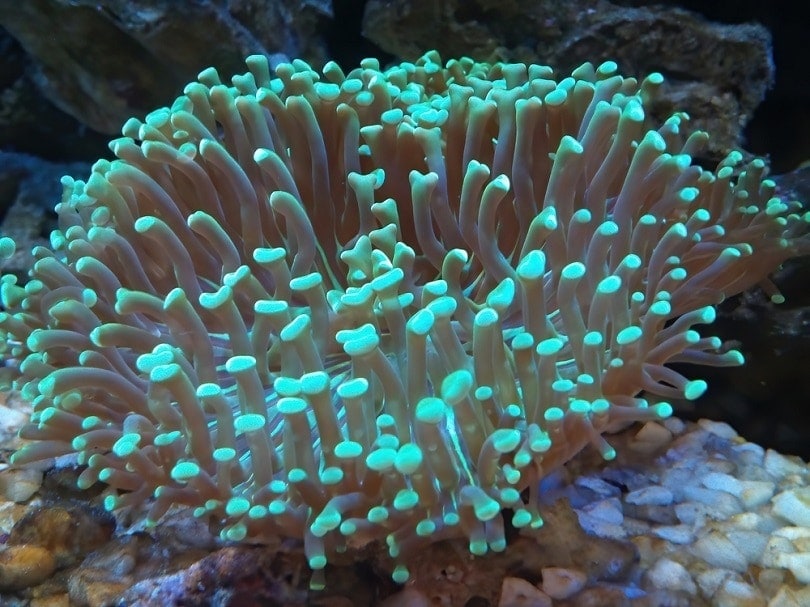
5. Currents / Waves
Make sure that there is a medium current, decent waves and water movement, and water undulation in the tank. Corals can’t move, which means that the food needs to be brought to them. You need to mimic the natural motion and movement of seawater in your home coral aquarium so they can eat.
 Conclusion
Conclusion
As you can see, feeding your corals at home is not very hard at all. What you give them and how much you give them just depends on their size. Provide them with foods small enough to eat, lots of sunlight, and a good amount of liquid nutrients to ensure that they are properly fed.
Feature Image Credit: videotrinkets, Shutterstock



